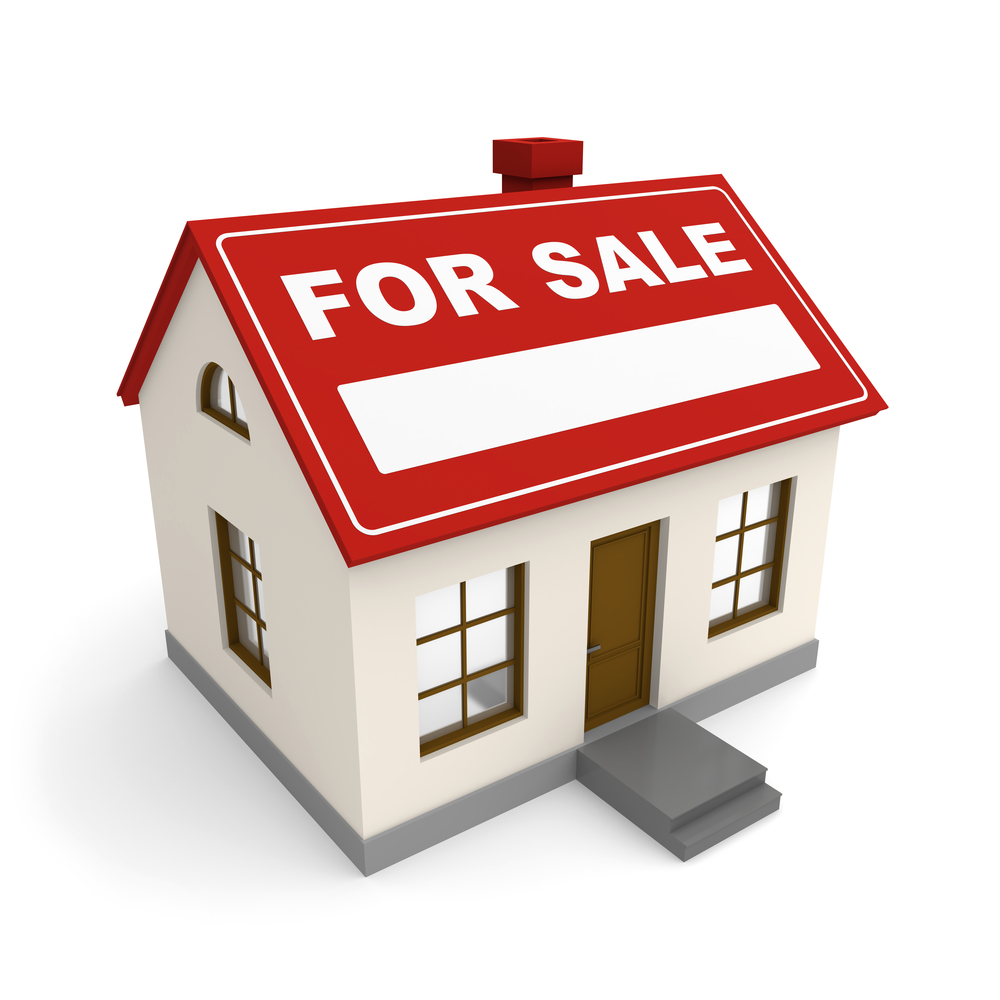News
How to Search for an Apartment for Rent in Hanoi
Precious paintings
Britain can become world’s richest major economy, says George Osborne
UK house prices at a standstill, says ONS
A LOOK AT SINGAPORE'S MILLION DOLLAR HDB FLATS
Northern Ireland house prices lowest in UK
Unemployment rate rising in urban areas
Pretty and Youthful Playroom Color Schemes
The hotel with all mod con-diments! Visit the Bolivian guest house made entirely from SALT
Creative office design to become popular: study
Northern Ireland house prices lowest in UK
A LOOK AT SINGAPORE'S MILLION DOLLAR HDB FLATS
Unemployment rate rising in urban areas
Pretty and Youthful Playroom Color Schemes
21 Cool Ceiling Designs That Turn Kids’ Bedrooms Into Fantasy Land
Precious paintings
5 factors that influence your home's resale value
Thinking about selling your home? See what determines your property's market value.
While home sellers hope to get top dollar for their property – and some have an inflated idea of what to expect – establishing a home's value can be a complex, multifaceted process. Do home renovations really pay off? And which is more valuable: a three-bedroom or a four-bedroom with the same square footage? We talked to real estate insiders to find out.

1. Location. The classic real estate refrain says, "location, location, location." Location includes factors such as the price of recent nearby transactions, the quality of local schools and whether the area has a strong sense of community. "Buyers increasingly value community in the community where they're buying," says Amy Anderson, an agent with Davidson Realty, Inc. in St. Augustine, Florida. "They come to me not looking for a house for four years, but focusing much more on the community, the activities and the school district."
2. Size and layout. While homebuyers used to swoon over ample square footage, many have fallen out of love with the McMansion. "I think people realize when they buy a 3,300-square-foot house, they’re not getting what they thought they were," Anderson says. "There’s more upkeep and a lot more involved with taking care of these huge houses."
Layout is a key factor because an open-concept design can look much more spacious than a boxy space of the same size. The number of bedrooms also influences a home's value, so think twice before putting up a wall and subdividing one room into two. "Adding a bedroom will take away value," Humphries says. "Fewer but larger bedrooms tend to boost value."
3. Age and condition. Historic homes (assuming they're livable and well-maintained) and new homes are typically more valuable than homes built somewhere in the middle. "Generally, as a home gets older, it becomes less valuable," Humphries says. "Then there's a U-shape where, at some point, homes become so old that they have historical significance. A home that's built in 1910 is probably more valuable than one built in 1970."
Age aside, condition matters too. "Someone will pay $15,000 more for a well-kept house that’s move-in ready than they will for a house that needs $5,000 worth of work," Anderson says.
4. Upgrades. Renovations play into a home's value, but if your home is considered "over improved" compared with other properties in the neighborhood, it can actually hurt the property's value. "You want it to be common for the neighborhood or subdivision," Wilson says. "It wouldn't hurt to visit neighbors' homes or visit a home via an open house to see what people are marketing [before undertaking big improvements]." You could also hire an appraiser to prepare a feasibility analysis that will help you determine the impact of renovations on your home's value.
Unless you live in an area where granite countertops and built-in wine fridges are the norm, Humphries says you might be better off saving the money and choosing more basic finishes. "It's harder to recoup [your investment] if you guild the lily, if you will, on granite this and chrome that in your kitchen," he says. "You're spending a lot of money on something that might have a lot of personal taste attached to it."
However, you should keep records of repairs and upgrades to show potential buyers that the home has been well-maintained.
5. Negative events. If your property has issues like mold or experienced a fire or was the site of a violent crime, it could be a harder sell – and command a lower price. "Nowadays, people are very concerned if there was a fire, prior mold damage or even if there were some sort of death or crime at the property," Wilson says. Federal law requires the disclosure of all known lead-based paints, but state laws vary in whether the seller must disclose issues related to natural disasters or crimes committed on the property.




